
written by DANIEL XUE (edited by JONATHAN CHENG)
Heroes are people who are worthy of admiration and respect. They hover above the rest through their endless determination and self-sacrifice. When the world comes crashing down and all hope seems to be lost, we look to these heroes to save us.
But being a hero isn’t easy. Being a hero means pouring countless hours into polishing your craft. It means going beyond your limits and striving to not only be your best, but to stand out from the rest. It means sacrificing time; time that could’ve been spent with friends and loved ones. It means putting in effort; effort that could’ve been used to develop yourself and your passions beyond a singular focus. It means all of these things, simply for the sake of the greater good.
That, is the hero’s burden.
So it’s not much of a stretch to say that doctors are like our everyday heroes. Doctors dedicate themselves to helping others, often at the expense of their own physical and mental wellbeing. They’re competitive and driven, always searching for that something which sets them apart. They dedicate time to learn and grow, and selflessly channel that knowledge through effort for the sake of their patients.
But no modern-day hero would be complete without their own rendition of the hero’s burden.
Let’s start with time. It’s pretty finite stuff, so we have to choose where and what to invest it in with great care and consideration. If you have hobbies, passions or interests outside the medical field, then it goes without saying that you won’t be putting in as many hours as you could’ve otherwise. The thing is, when I think about the trust and faith that my future patients will place in me, I feel compelled to try harder. If you make a mistake, people can die, and that’s terrifying. I don’t know what I’d do with myself if lives were lost because I chose to watch Netflix instead of studying. But a doctor isn’t a martyr. As medical students, we don’t sign up for this profession with the purpose of giving up our own lives to save others. We shouldn’t have to. And yet, it can be hard to shake that feeling of guilt; those crushing thoughts that drop your conscience like anchors to the depths of despair.
Then there’s the matter of effort. “P’s get degrees” is a phrase that I’m sure you’re all no stranger to. Or more recently, C’s get honours. Now, as a Phase 1 student, I’m told all the time by older years that most of what I’m learning now won’t be relevant by the time I get to the hospitals. But I’m not really talking about the coursework here. I’ve seen friends assisting in research projects as freshers, and I’ve seen countless others eagerly networking with doctors at whatever event was available at the time. Looking around, it’s hard not to feel like you’re falling behind from your peers. And with all the talk of strict competition and limited spots, sometimes I wonder just how much I’ll have to sacrifice if I want to move forward in medicine.
The thing is, I didn’t sign up to be a hero. I always try to do my best when it comes to medicine. I spend a fair share of my time studying at uni. I put in a good effort to get the most out of the learning opportunities that I’m given. I’m always on the lookout for any engaging extracurricular opportunities that come my way. By all means, I’m walking down the path of becoming a modern-day hero.
But I’m not willing to bear the burden of being one. Because to me, there’s something more important.
“I wish there was a way to know you were in the good old days before you actually left them” – Andy Bernard (The Office).
If there was ever a time to call the “good old days”, I think it’d be this one. There will come a day when I’ll miss coming into uni. I’ll miss that feeling of freedom when SG ends early, and the triumph of peeking under the door into your mates ongoing class just to let them know you were done. I’ll miss the pracs where an assessment of grip strength to determine life expectancy devolves into a flexing competition where every guy refused to believe that they were as weak as the equipment revealed. I’ll miss staying back past 10pm on a Tuesday in the dusty Edmund Blacket Building of POW, trying (and failing) to learn how to cartwheel over bindi-covered grass as four other Medshow casties spit out a torrent of advice.
But if I spent all my time and effort trying to be a hero, then I wouldn’t really have anything left to miss.
I’m gonna leave you guys with a quote I heard at a Pathways Night from one Dr James Otton, but whose sentiment has been echoed by any and all other doctors I’ve asked so far.
“Don’t make medicine your priority”.
And hey, if the pros are talking, then who am I not to listen?

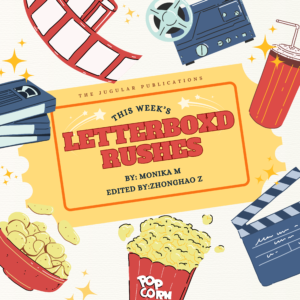




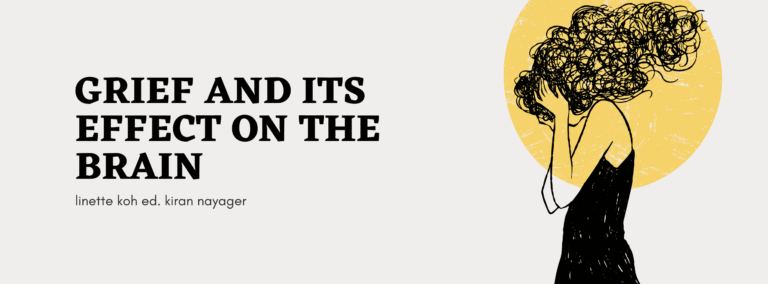
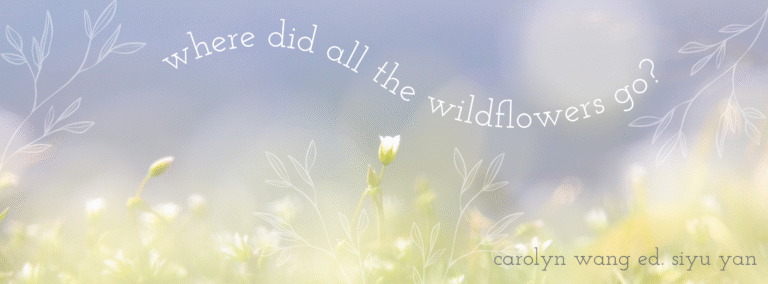
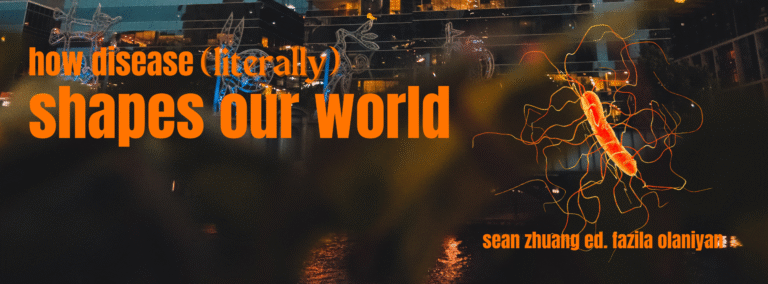
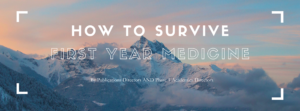
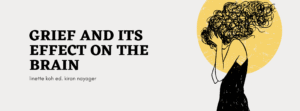

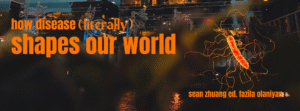
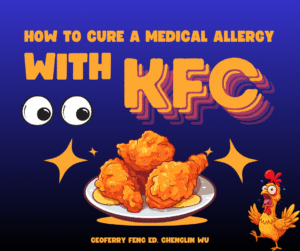
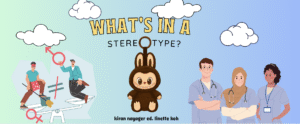

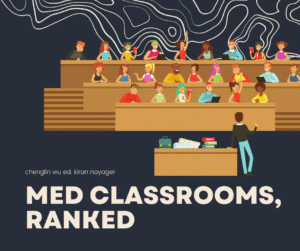
I applaud your honesty and capacity for introspection. I think many medical students grapple with similar problems as our determination drives us to ever-higher aspirations.
My take on things is: rather than being a hero, first be an ordinary person. Ordinary people have struggles, insecurities and ‘off-days’ when they’d rather do anything but work. Ordinary people have friends and family with whom they spend time and make the silliest memories. Ordinary people engage in hobbies that make them happy. Ordinary people accept that humans are finite, and sometimes you can’t save patients no matter how hard you try or how much knowledge you have. Ordinary people have lives to live, people to love, tears to cry, failings to admit.
If you are an ordinary person who puts in that little bit extra everyday, one day you may look back and realise that, regardless of whether or not you ended up as a ‘hero’, you lived a rich life filled with colour and variety. That is all anyone should want, and what I believe those older doctors were driving at.
‘Hero’ is a retrospective label given by others; it is not something you can possibly control, nor need burden yourself with.